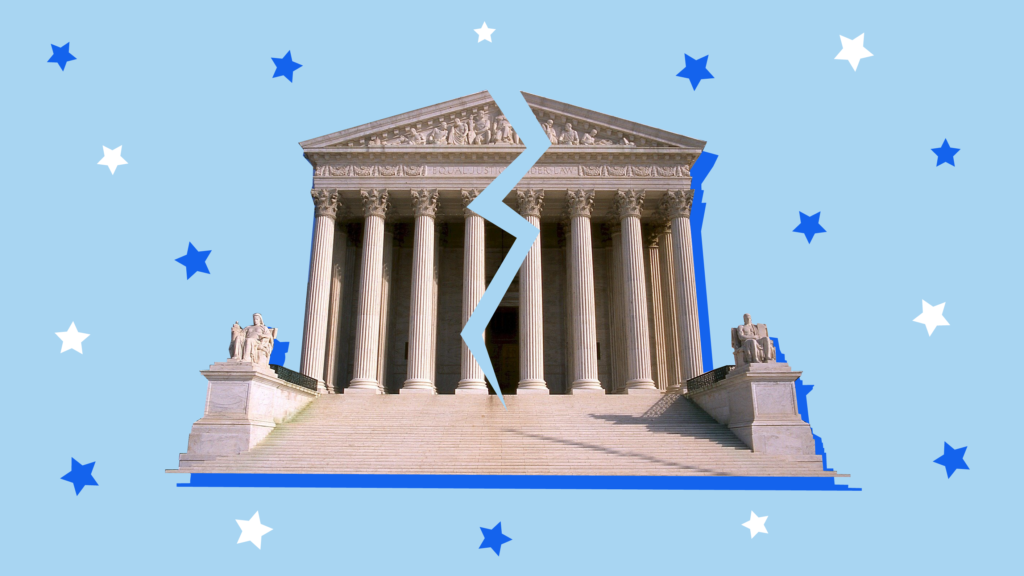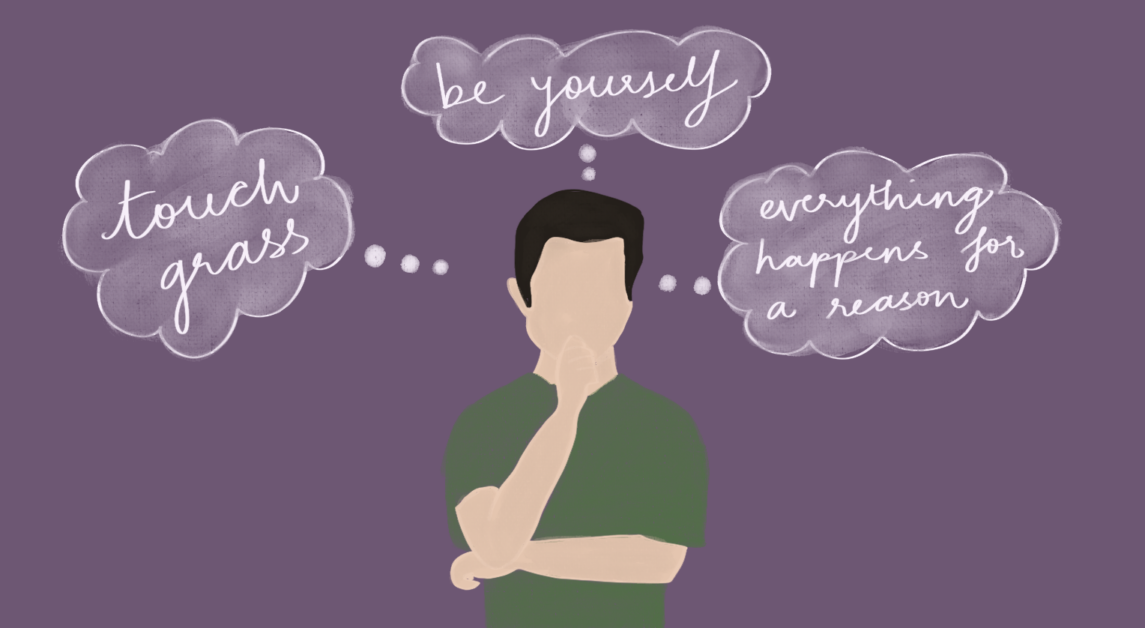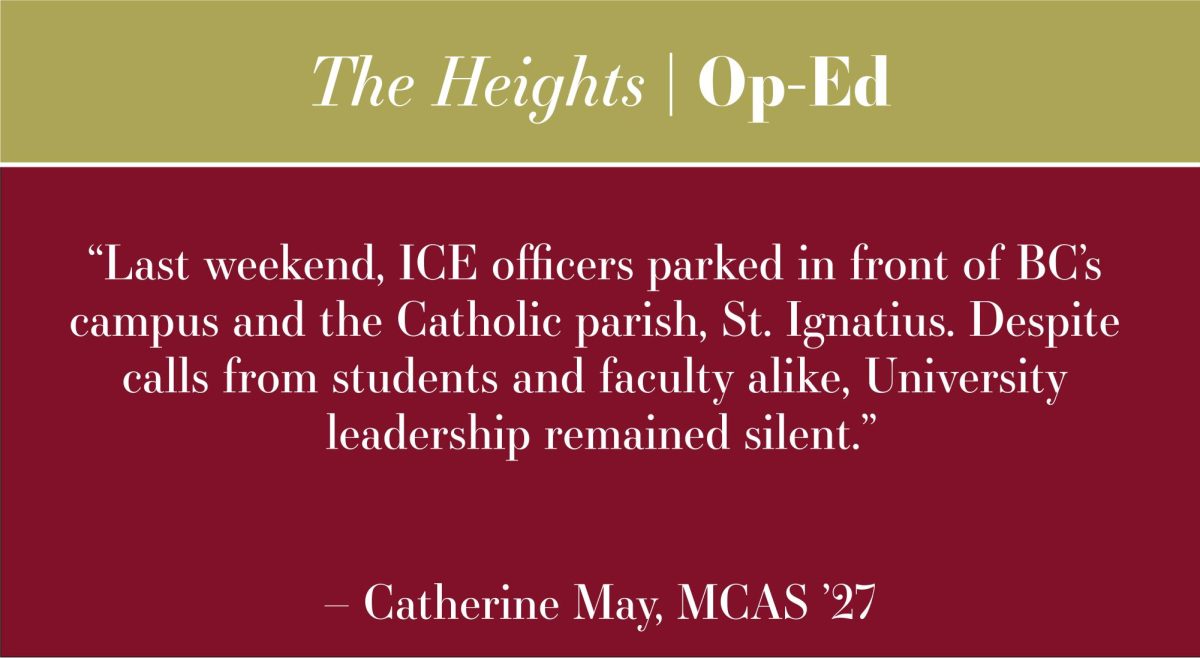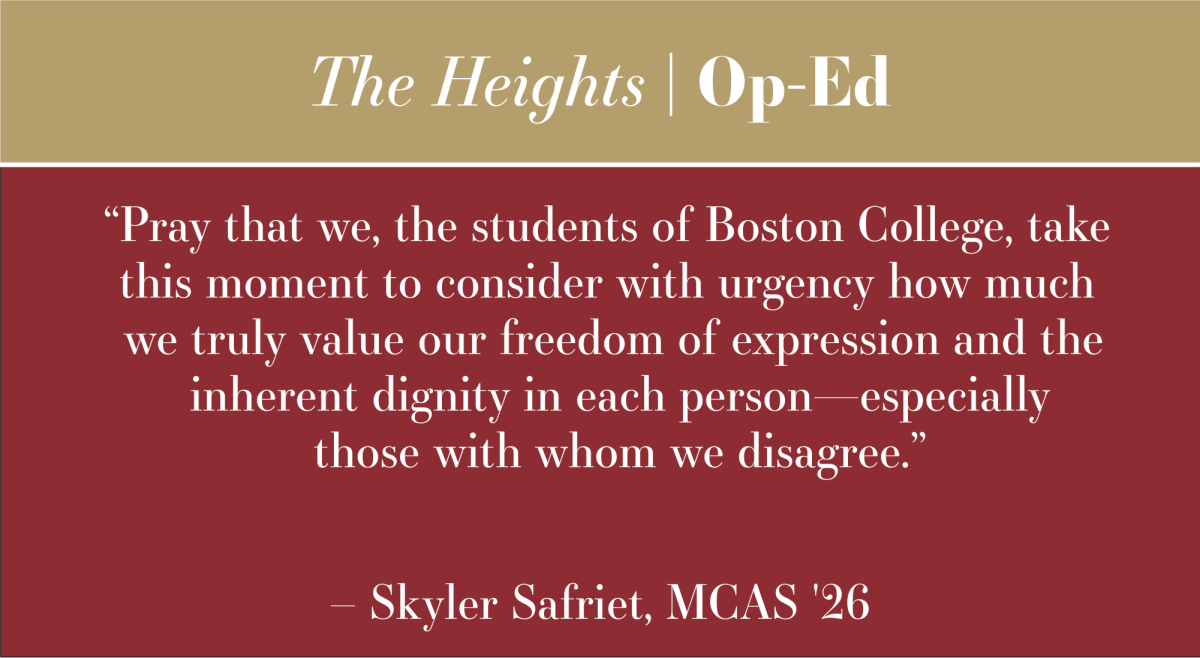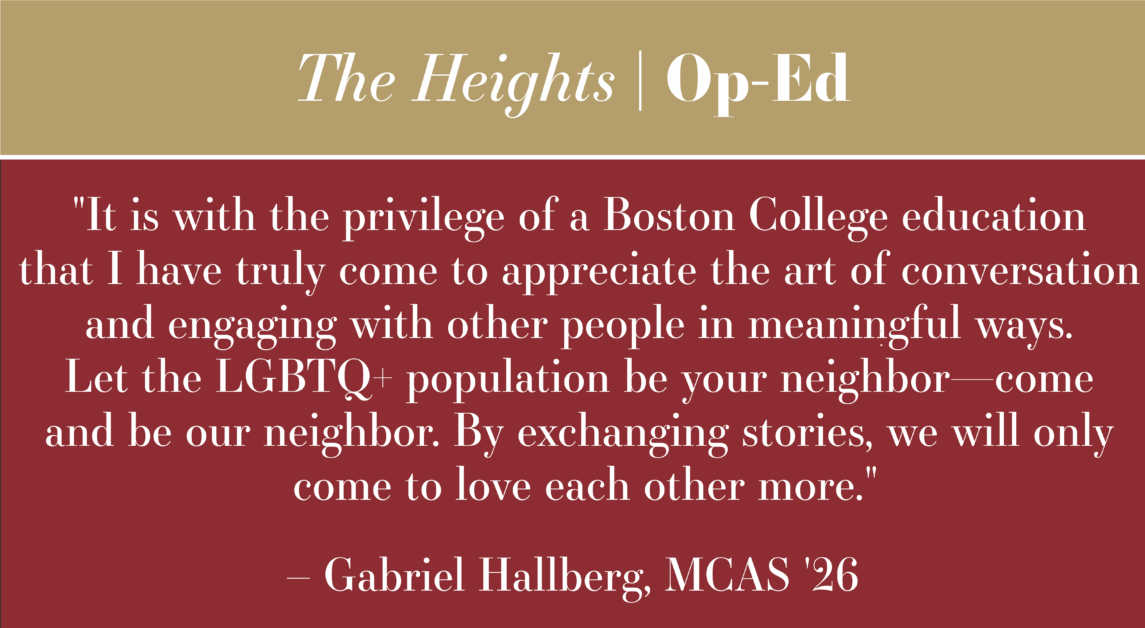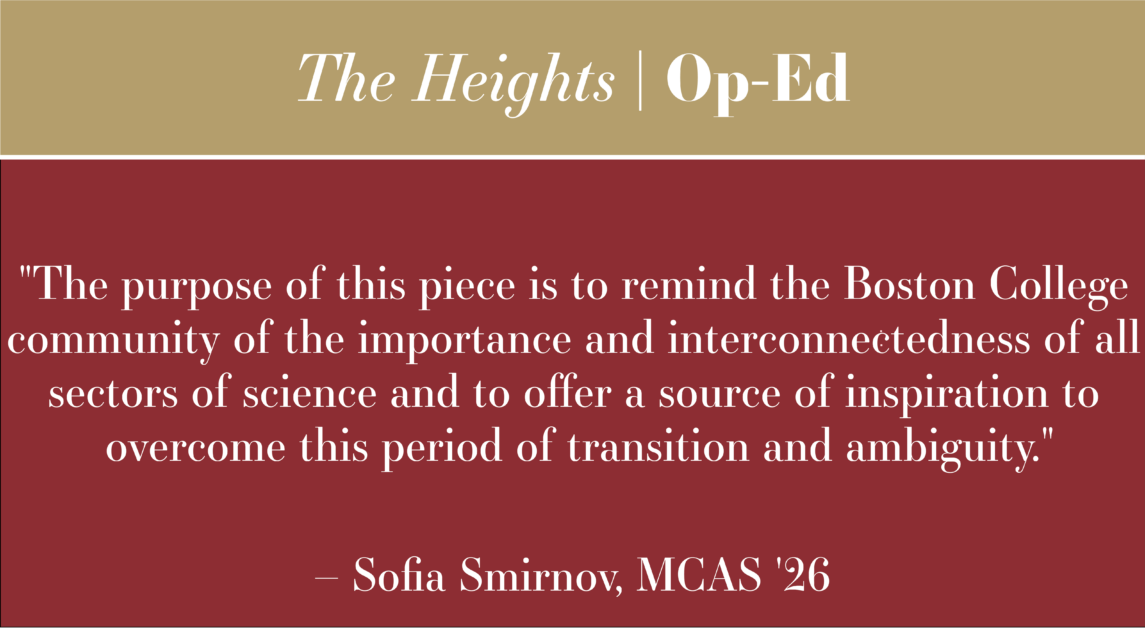Setting aside the fact that Barrett has only served as a judge for a mere three years, or the fact that in her confirmation hearing, she could not list the five rights guaranteed by the First Amendment, or the fact that the GOP stole her Supreme Court seat through procedural and rhetorical hypocrisy, she is also a proponent of a highly conservative and oppressive judicial philosophy that is unrepresentative of the country as a whole.
Barrett is a believer in an originalist philosophy, which argues that the most important factors when evaluating constitutional questions are the intentions of the original authors of the Constitution. In her confirmation hearing, she stated that she does not believe that the Constitution, which was written by slave owners who believed that women should not be allowed to vote, has shifted in its meaning or intent at all since its ratification in 1789.
Originalists often criticize loose constructionists—or those who believe that the Constitution is a living, ever-changing document—as “activist judges,” or as jurists who are somehow less intellectually serious or philosophically principled than those who take a more rigid view of constitutional law. In reality, originalists lack interpretive imagination and take pride in their callous disregard for the ever-changing moral and political circumstances of a modern world that extends political rights to women and people of color.
In an increasingly diverse American society, it is not a coincidence that the term “originalism” was not coined until the 1980s, primarily as a backlash against Roe v. Wade, which gave women reproductive privacy rights. Originalism is a conservative, radical, reactionary view of jurisprudence that was developed in retaliation to a modernizing society. It is not an apolitical, unbiased, or strict approach to the Constitution. It is a convenient way of interpreting the Constitution that uncoincidentally coincides with conservative, Republican policy goals.
In reality, the Constitution is filled with vague language—just take a look at the “necessary and proper” clause, which allows Congress members to make any law they deem necessary to carry out their duties as legislators. The text is riddled with terms and phrases ripe for interpretation. They have to be interpreted in some way—originalists just conceive of them in a conservative, partisan way, and employ the rhetorically powerful strategy of calling it “what the founders intended.”
By taking an oppressively narrow view of the Constitution, originalists are able to plead ignorance or helplessness when it comes to protecting civil rights and liberties that are not expressly stated in the centuries-old text, but are nevertheless human rights. These include things such as the rights to health care, reproductive rights, a clean environment, racial justice, and a representative government free of dark money. With the Supreme Court now a 6-3 conservative majority, all of these policy questions will be on the table, and the conservative justices will likely not hesitate to overturn or narrow existing liberal decisions.
Although Barrett’s brand of originalism is, in theory, supposed to be a way to return lawmaking power to the democratically-elected legislature, the views of originalists fly in the face of widespread public opinion. Public opinion polling on the Affordable Care Act, a statute that Barrett is eyeing to strike down, shows that 58 percent of Americans do not want to see the act overturned. Sixty-four percent of Americans want regulations surrounding the sale of firearms to be tightened, while Barrett has signaled an intention to radically expand gun rights.
The list of unpopular and regressive ideological positions held by conservative judges such as Barrett goes on and on. For a framework that claims to stand for returning democratic power to the legislature from the courts, adherents of originalism seem to have no problem ruling on politically charged questions when it suits their conservative interests.
Originalism is a deeply partisan, political ideology that shrouds itself in the language of protecting the Constitution and democracy through serious intellectual rigidity. With Barrett now confirmed to the Supreme Court, the convincing, yet hollow, rhetoric of this formidable ideology on the court will be a force to contend with if we want to protect civil and human rights in America.
Featured Image by Allyson Mozeliak / Heights Editor

